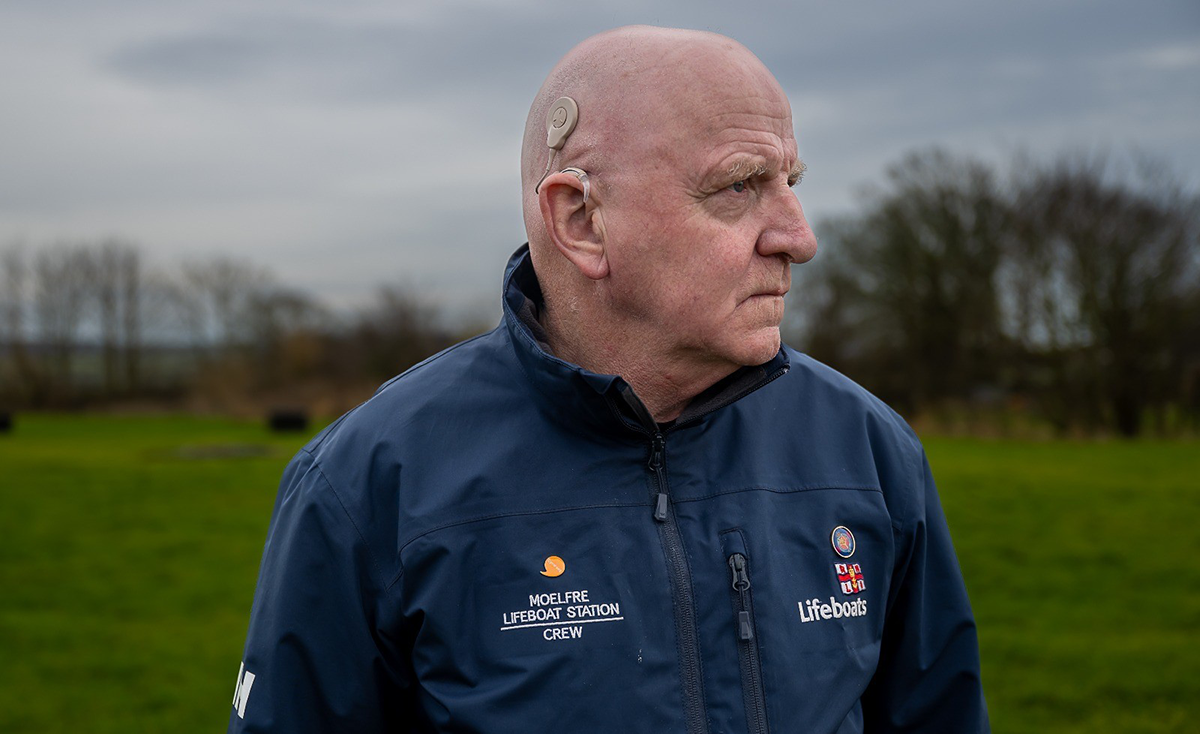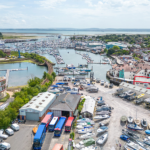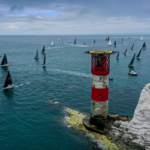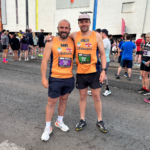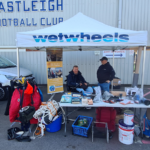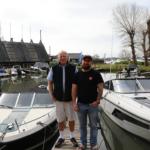A RNLI volunteer whose cochlear implant has helped keep him saving lives at sea wants others living with hearing loss to know they are not alone.
Phil Williams, 67, volunteer shore crew at Moelfre Lifeboat Station in Wales, said daily life became tiring when his hearing loss, brought on by years of working in windmills, meant he struggled to hear his colleagues in crew briefings and felt he was becoming a ‘hindrance’. However, after getting a cochlear implant in November last year, he’s now back volunteering and wants people also experiencing hearing loss to know there is ‘light at the end of the tunnel’.
He said: ‘I am ex-Welsh Guards and have always been part of a team. Joining the RNLI seven years ago gave me that again. I like mixing with people, being involved and helping the charity. I was thinking of giving up my volunteering. I didn’t feel confident working with the team due to my poor hearing.
‘The crew made an extra effort to make sure I was aware of what was going on, but there becomes a limit, I considered myself a hindrance. I’ve been back since and I’m far more confident. I feel I can do my duties safely which is important.’
Phil’s role as shore crew involves helping launch and recover the lifeboats on service and exercise. He said the crew have made him feel truly valued and has seen there is a role for everyone at the RNLI, regardless of disability. And since having the implant, which consists of an external portion sitting behind the ear and a second portion surgically placed under the skin, Phil is keen to make people aware that there are things that can be done.
‘For me, I had never had an operation, I was in the dark,’ he added. ‘I would have loved to chat with people going through the same thing. If someone is eligible and wants to do something about their hearing, they should go for it. I’m 100% glad I did it. It’s important to get the message out there to volunteers that there is light at the end of the tunnel.’
RNLI Chief Executive Peter Sparkes has recently spoken about his experience living with hearing loss and tinnitus, suffered while leading a service of Remembrance at the Portsmouth Naval base in 2016.
Peter said: ‘Thank you Phil for sharing your story and I hope it inspires others in a similar situation to take action. As someone who has a hearing impairment, I am only too aware how isolating and frustrating it can be, often missing the start of sentences and conversations that I haven’t already tuned into and asking people to repeat what they have said. I now wear a hearing aid. It is very discreet, and not many people notice it. Like Phil, I would also encourage others with a hearing impairment to look into the options available to them.’









